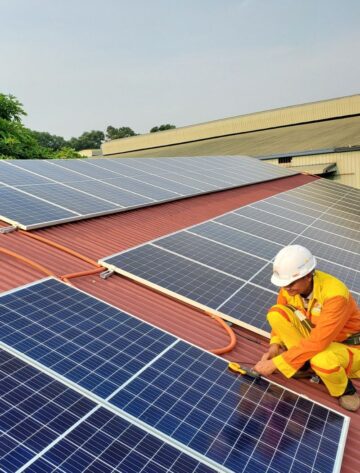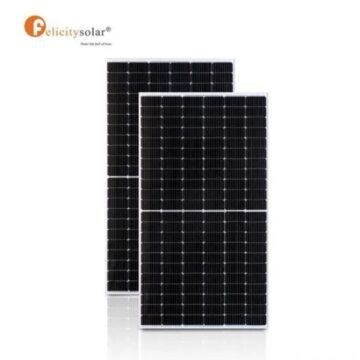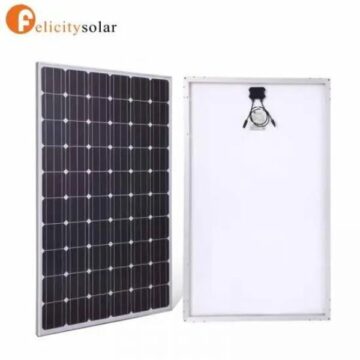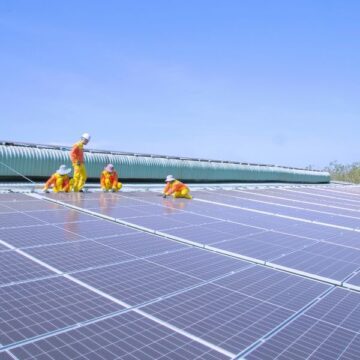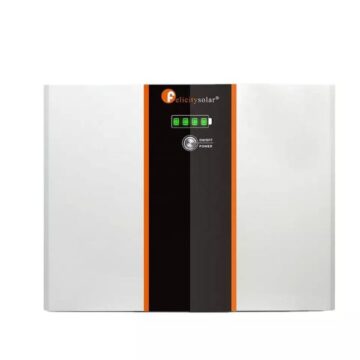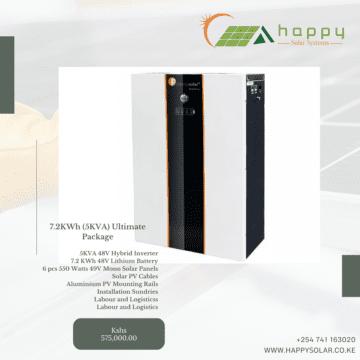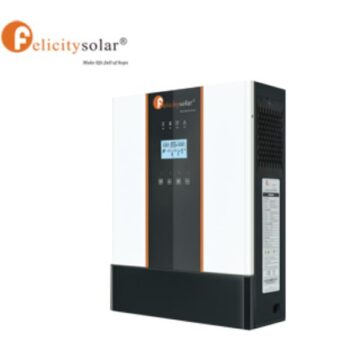Kenya’s Government Policies on Solar Power use including taxation policies collectively demonstrate Kenya’s commitment to advancing renewable energy, for a more sustainable and energy-secure future. Kenya’s achievements in the field of renewable energy demonstrate the nation’s commitment to environmentally responsible development and management. The government, the corporate sector, and communities must work together and continue to invest in clean energy in order to meet the target of 100 percent by 2030. It serves as a model for other countries and shows the possibility of a future powered by clean and renewable energy.
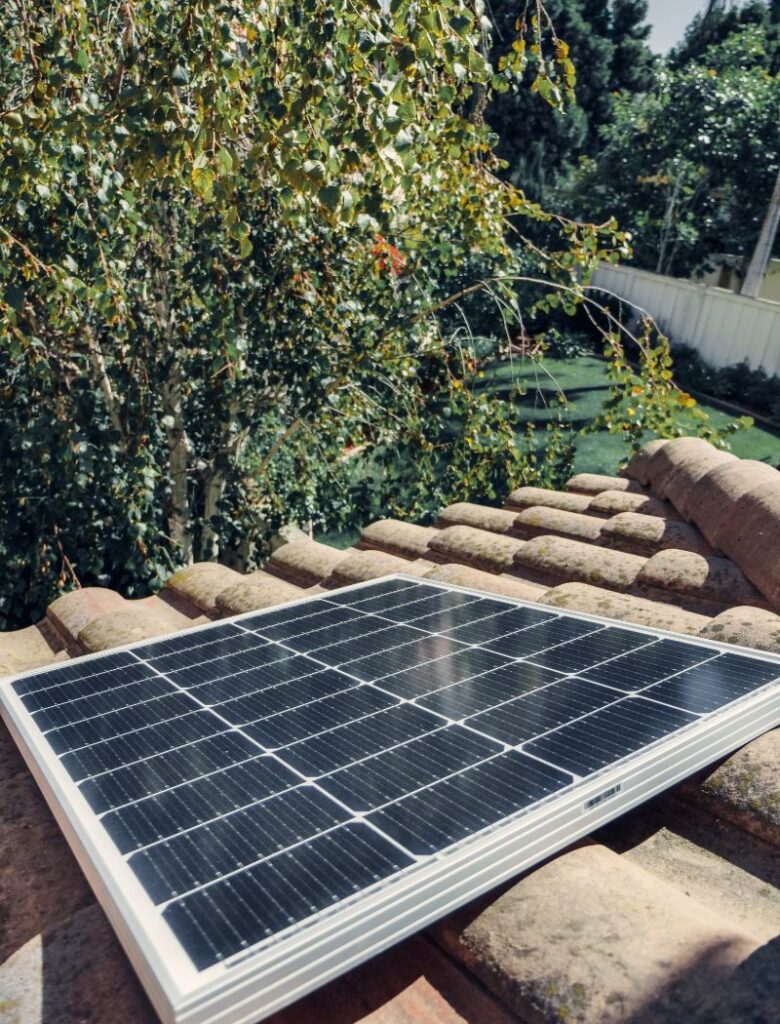
What is the government policy on renewable energy in Kenya?
The government will support the creation of renewable energy as a substitute for fossil fuels. This involves the creation of value chains for bio-energy, such as bio-ethanol and diesel, as well as the generation of energy from solar, wind, and biogas
Here is a link to Kenya’s government commitment to renewable energy in the Kenya Vision 2030 Project
Is Kenya good for solar energy?
Indeed, Kenya’s abundant sunshine makes it extremely well-suited for solar energy, making it a viable and significant source of electricity in the nation. Kenya’s considerable increase in solar energy production is being hailed by experts as a game-changer for the East African nation, whose abundant sunshine has the potential to completely transform its energy sector in terms of efficiency and scalability. Read more here.
What are the rules for solar photovoltaic systems in Kenya?
The Energy Act, established in 2006, provides the legal framework for the energy sector in Kenya. The associated regulations, such as the Energy (Solar Water Heating) Regulations, set requirements for solar water heating systems. Read more about the regulations HERE
Is solar power equipment taxed in Kenya?
VAT exemption on solar and wind energy specialized equipment: In 2021, the Kenyan government reinstated the VAT exemption on solar and wind energy specialized equipment. This means that Kenyans who purchase solar panels, batteries, and other equipment for solar energy systems do not have to pay VAT on these items.
Which solar items are duty-exempt in Kenya?
Item 45 of Part I of the First Schedule to the Kenyan VAT, Act 2013 provides VAT exemption on the supply of “specialized solar equipment and accessories, including solar water heaters and deep cycle-sealed batteries which exclusively use or store solar power”. Read more HERE.
Summary of the Kenya Government Policies on Solar Power
Energy Act and Regulations:
The Energy Act, established in 2006, provides the legal framework for the energy sector in Kenya. The associated regulations, such as the Energy (Solar Water Heating) Regulations, set requirements for solar water heating systems.
Renewable Energy Feed-in Tariff (REFiT) Policy:
The REFiT policy, launched in 2012, sets tariffs for different renewable energy sources, including solar. It aims to encourage private sector investment in renewable energy projects, including solar PV.
Kenya Renewable Energy Association (KEREA):
KEREA is a key industry body that provides guidance and information on solar PV and other renewable energy technologies. They may provide updates on regulations and best practices in the solar energy sector.
Kenya Bureau of Standards (KEBS):
KEBS sets and enforces standards for solar PV equipment and components to ensure their quality, safety, and performance. Compliance with these standards is essential for the import, sale, and use of solar PV systems.
Energy Regulatory Commission (ERC):
ERC is the regulator for the electricity sector in Kenya. It oversees licensing, tariffs, and compliance for solar power projects and provides guidelines for interconnection of solar systems to the grid.
Net Metering and Power Purchase Agreements (PPAs):
The government has encouraged net metering arrangements and facilitates power purchase agreements (PPAs) for individuals, businesses, and entities generating solar power. These agreements define the terms of selling excess solar electricity to the grid.
Tax Incentives and Exemptions:
The Kenyan government offers tax incentives and exemptions to promote the importation and use of solar equipment, making solar solutions more affordable and encouraging their adoption.
Environmental and Social Impact Assessment (ESIA):
Larger solar PV projects may require an ESIA, which assesses the environmental and social impacts of the project, ensuring compliance with environmental regulations.
Conclusion of Kenya Government Policies on Solar Power
To get the most current and complete information on laws and policies governing solar PV systems in Kenya, it is essential to speak with the appropriate government departments, business associations, or legal counsel directly. For people and companies working on solar energy projects, it’s also crucial to stay updated on policy updates and changes. Happy Solar Systems can assist in getting up-to-date information on these and other government policies. Reach us on 0741 163020 or Email: info@happysolar.co.ke

